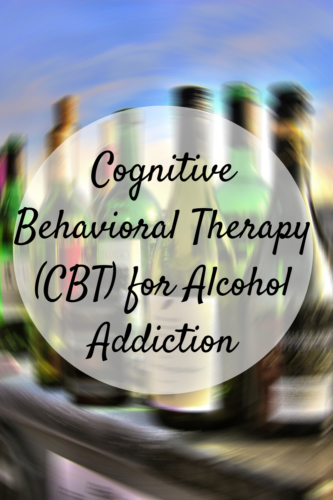
Cognitive Behavioral Therapy (CBT) involves discussions with a mental health professional to identify your thought process. You get help interpreting the world and understanding the triggers that lead to alcohol abuse. Here, we explore CBT for Alcohol Addiction to help you and your loved ones with Alcohol use disorder (AUD).
How CBT Works
CBT allows people to understand themselves and the world better to overcome addiction. It is a preferred method because people often have distorted worldviews and beliefs that prevent them from perceiving their problems as they should.
The therapist helps such people to understand their thought processes, feelings, and behaviors to understand better things they need to change in their life. America’s Rehab Campuses Tucson, have resources you might find helpful about CBT to address AUD.
Foundations of CBT
A primary assumption of CBT is that there is a correlation between your thoughts, emotions, and behaviors. It adopts a problem-focused approach, finding healthy solutions to a client’s problem instead of digging into the underlying issues.
For instance, some people have negative thoughts, where they think less of themselves and sometimes feel they cannot accomplish various goals. Such thoughts then become reinforcements that prevent them from attaining their goals.
Consequently, they get caught up in a vicious cycle that leads them to interpret the world negatively. CBT aims to break away from negative thoughts and replace them with more realistic ones to perceive and react to things with a clear mind.
The CBT Model
CBT recognizes three levels of cognition:
Core Beliefs
These represent what the person thinks of themselves, others, and the world. These are shaped early in life and seen as factual. Triggers can cause negative co





